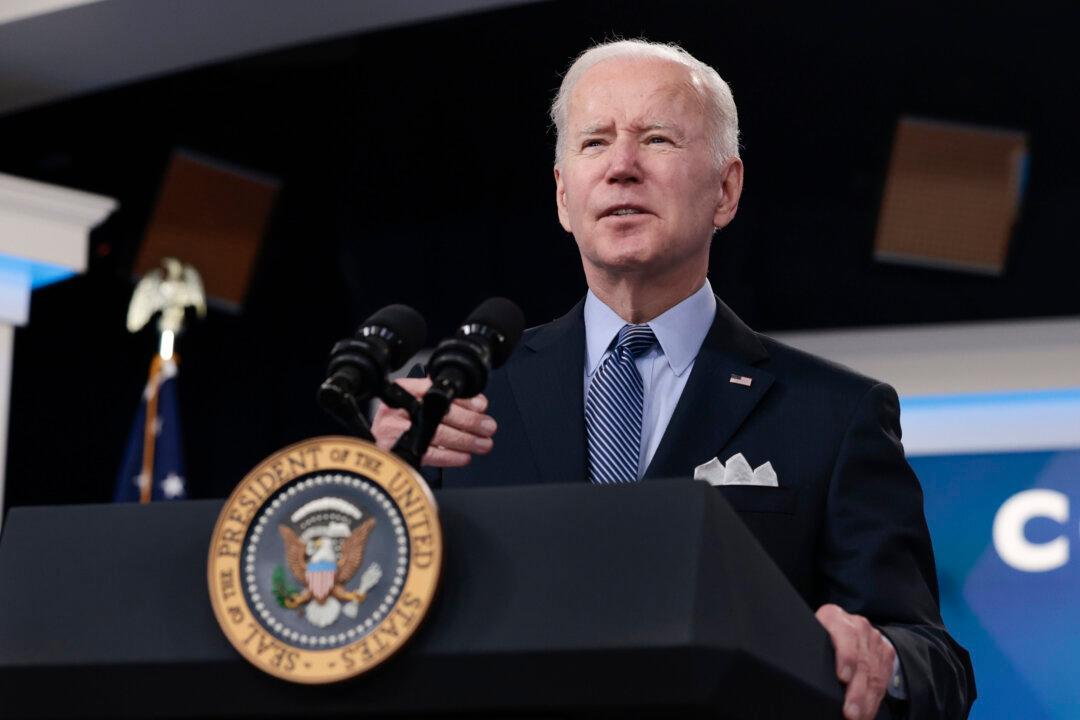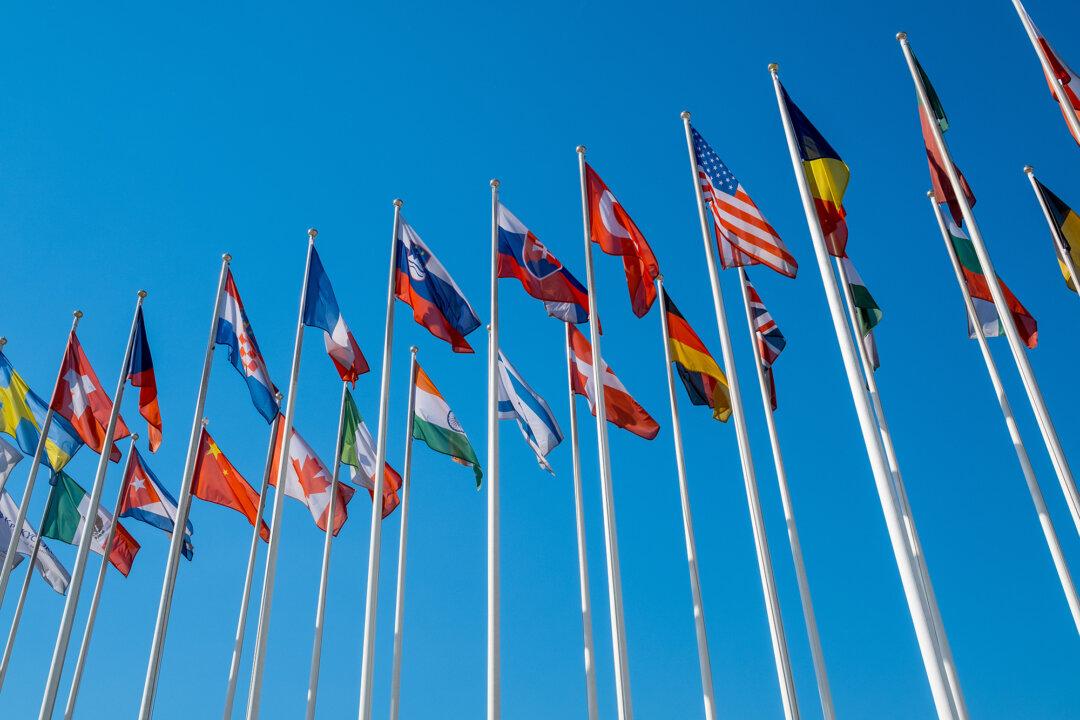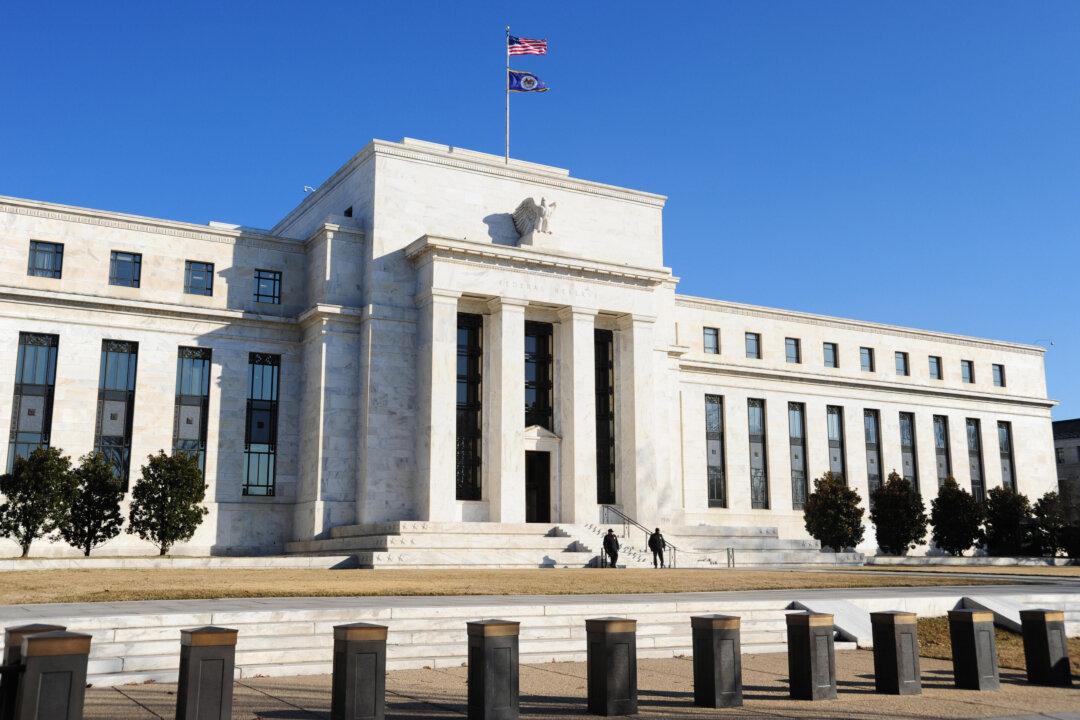Commentary
President Biden on Thursday made two big admissions about the U.S.-led economic sanctions on Russia. The first is that the sanctions will lead to food shortages for many countries other than Russia and that this is simply the price that Americans ought to be forced to pay.
Ryan McMaken is the editor of Mises Wire and The Austrian. He has degrees in economics and political science from the University of Colorado and was the economist for the Colorado Division of Housing from 2009 to 2014. He is the author of "Commie Cowboys: The Bourgeoisie and the Nation-State in the Western Genre."
Author’s Selected Articles






